Dslr Vs Digital Camera Which Is Better ?
A DSLR (Digital Single Lens Reflex) camera is generally considered to be better than a regular digital camera in terms of image quality, versatility, and control. DSLRs have larger sensors, which allow for better image quality, especially in low light situations. They also offer interchangeable lenses, which allow for greater flexibility in terms of focal length and aperture. DSLRs also have more manual controls, which allow for greater control over exposure, focus, and other settings. However, DSLRs are generally larger and heavier than regular digital cameras, and can be more expensive. Ultimately, the choice between a DSLR and a regular digital camera depends on the user's needs and preferences.
1、 Image quality
Image quality is a crucial factor when it comes to choosing between a DSLR and a digital camera. In the past, DSLRs were considered to be the superior option due to their larger sensors and ability to capture more detail and produce better image quality. However, with advancements in technology, digital cameras have caught up and can now produce images that are just as good as those captured by DSLRs.
One of the main advantages of DSLRs is their ability to capture images in RAW format, which allows for greater control over the final image during post-processing. This is because RAW files contain more information and detail than JPEG files, which are typically produced by digital cameras. However, some digital cameras now also offer the option to shoot in RAW format, narrowing the gap between the two types of cameras.
Another factor to consider is the lens selection. DSLRs have a wider range of lenses available, including high-quality lenses that can produce stunning images. However, digital cameras are becoming increasingly popular among photographers due to their compact size and portability, making them a great option for travel photography.
In conclusion, when it comes to image quality, both DSLRs and digital cameras can produce excellent results. The choice between the two ultimately comes down to personal preference and the specific needs of the photographer. It's important to consider factors such as lens selection, portability, and shooting capabilities when making a decision.
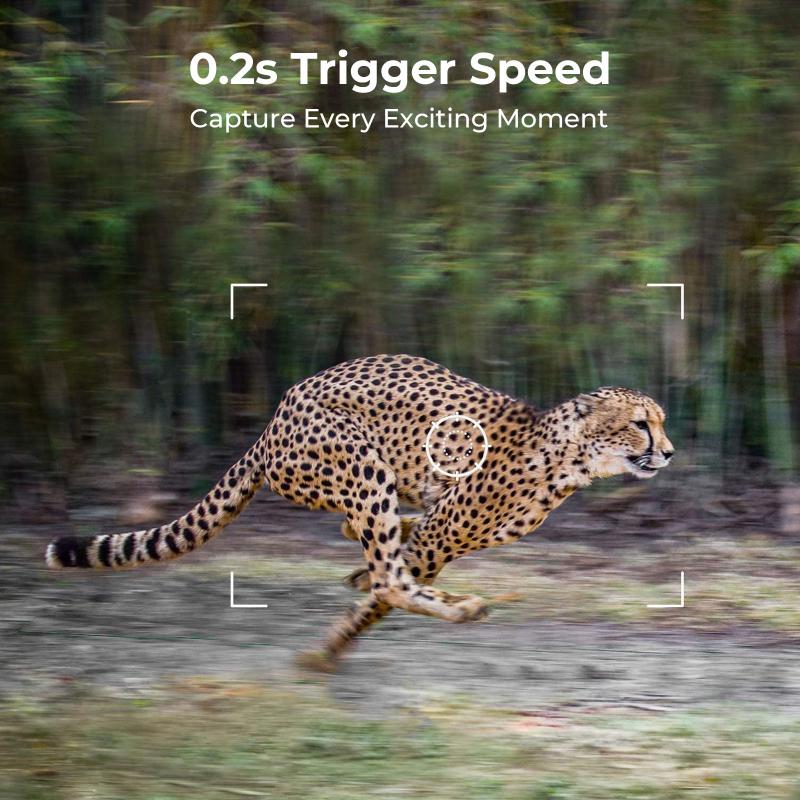
2、 Flexibility and control
Flexibility and control are two important factors to consider when comparing DSLR and digital cameras. DSLRs offer more flexibility and control over the settings, allowing photographers to adjust aperture, shutter speed, and ISO to achieve the desired effect. This level of control is particularly important for professional photographers who need to capture high-quality images in a variety of lighting conditions.
Digital cameras, on the other hand, are more user-friendly and easier to use for beginners. They offer automatic settings that adjust the camera's settings based on the lighting conditions, making it easier to take good photos without having to worry about adjusting the settings manually.
However, the latest point of view is that the line between DSLRs and digital cameras is becoming increasingly blurred. Many digital cameras now offer advanced features and manual controls that were once only available on DSLRs. Additionally, mirrorless cameras have emerged as a popular alternative to DSLRs, offering similar levels of control and flexibility in a smaller, more compact package.
Ultimately, the choice between a DSLR and digital camera comes down to personal preference and the specific needs of the photographer. For those who prioritize flexibility and control, a DSLR may be the better choice. However, for those who value ease of use and portability, a digital camera or mirrorless camera may be a better fit.
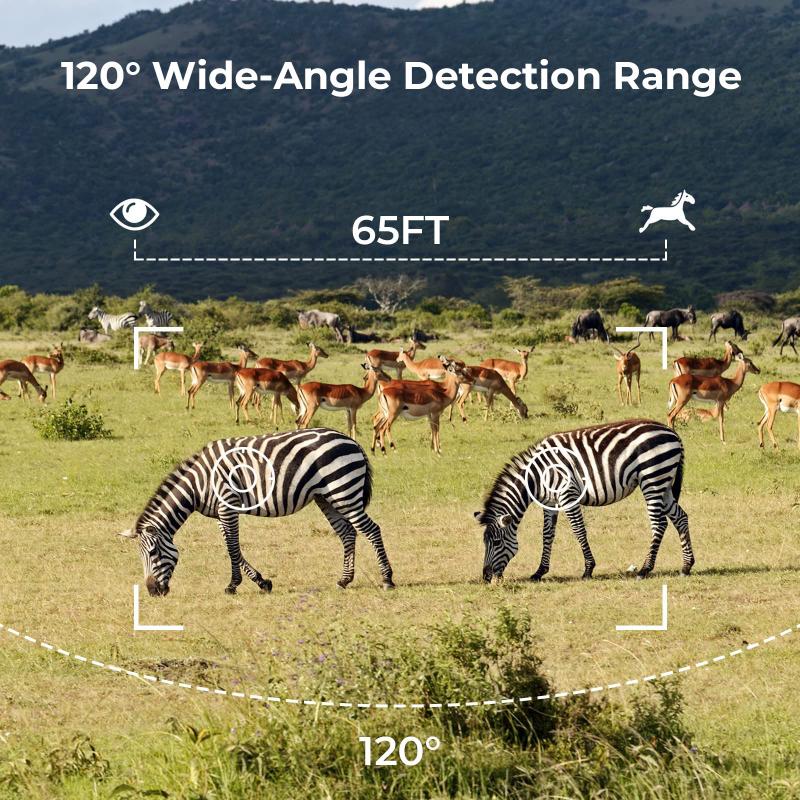
3、 Lens selection
Lens selection is a crucial factor when it comes to choosing between a DSLR and a digital camera. DSLRs offer a wider range of lens options, including high-quality lenses from third-party manufacturers. This allows photographers to choose the best lens for their specific needs, whether it be for portrait photography, landscape photography, or sports photography. Additionally, DSLRs often have interchangeable lenses, allowing photographers to switch between lenses depending on the situation.
On the other hand, digital cameras typically have a fixed lens, limiting the photographer's options. However, some digital cameras do offer a limited range of interchangeable lenses, but they are often not as high-quality as those available for DSLRs.
In recent years, advancements in technology have made digital cameras more competitive with DSLRs in terms of lens selection. Some high-end digital cameras now offer a wider range of interchangeable lenses, and some even have larger sensors, which can improve image quality.
Ultimately, the choice between a DSLR and a digital camera depends on the photographer's needs and preferences. If lens selection is a top priority, a DSLR may be the better choice. However, if portability and convenience are more important, a digital camera may be the way to go.
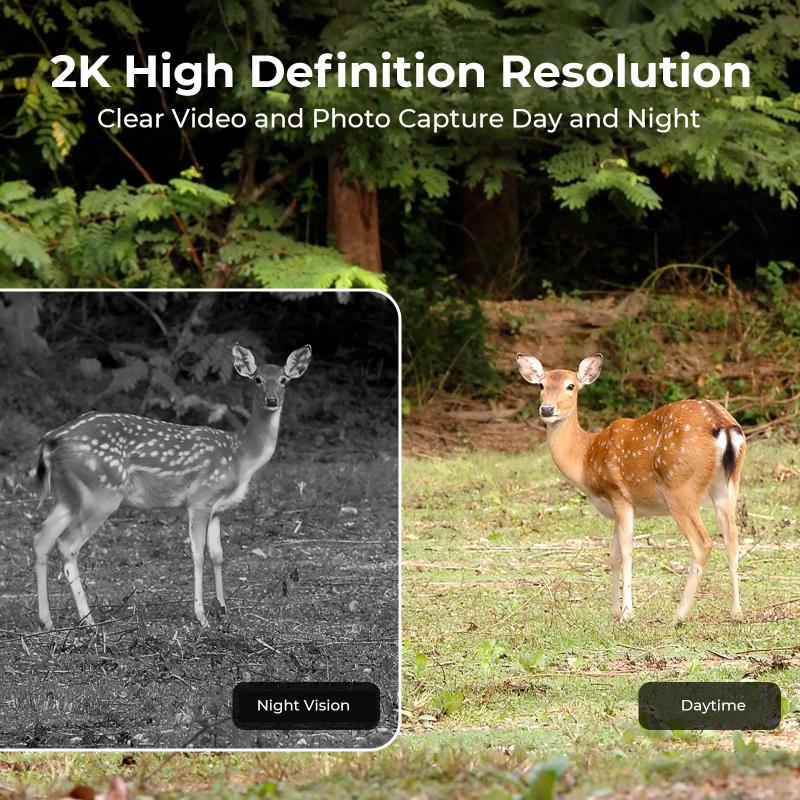
4、 Low light performance
Low light performance is an important factor to consider when choosing between a DSLR and a digital camera. In the past, DSLRs were considered to have better low light performance due to their larger sensors and ability to shoot at higher ISOs without producing excessive noise. However, in recent years, digital cameras have made significant advancements in low light performance, with some models even surpassing DSLRs in this area.
One factor that has contributed to this improvement is the development of backside-illuminated (BSI) sensors, which allow more light to reach the sensor and produce better image quality in low light conditions. Additionally, digital cameras now often come equipped with advanced noise reduction algorithms and image stabilization technology, further improving their low light performance.
That being said, DSLRs still have some advantages in low light situations. Their larger sensors allow for better depth of field control and produce a more natural-looking bokeh effect. They also typically have faster autofocus systems, which can be beneficial in low light situations where the camera may struggle to find focus.
Ultimately, the choice between a DSLR and a digital camera for low light performance will depend on the specific models being compared and the photographer's individual needs and preferences. It's important to do research and test out different cameras in various lighting conditions to determine which one will best suit your needs.
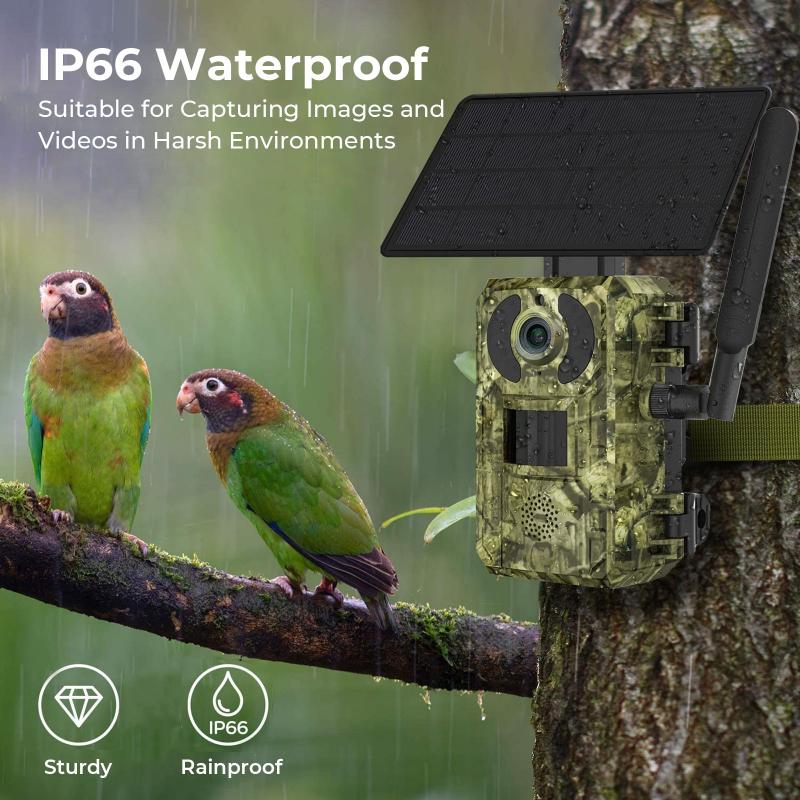









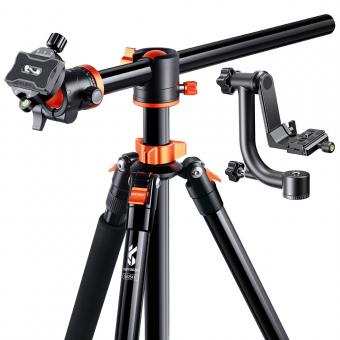
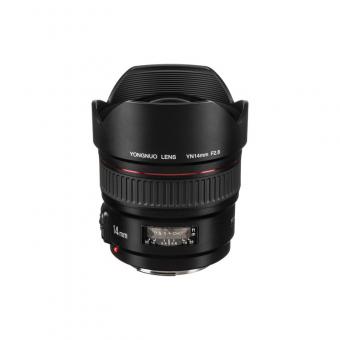
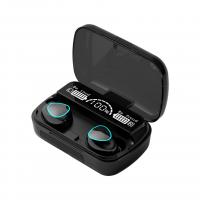
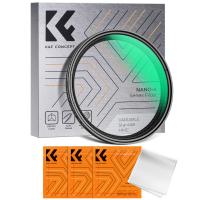
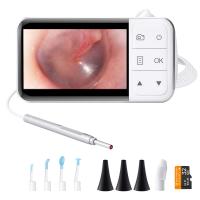
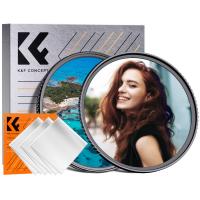
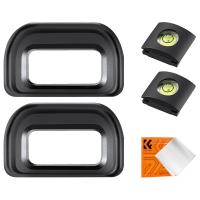
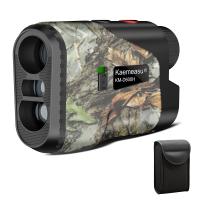
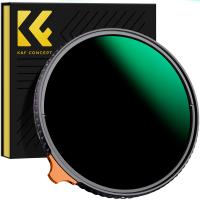
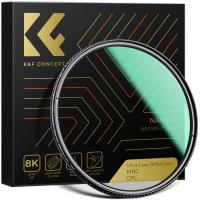
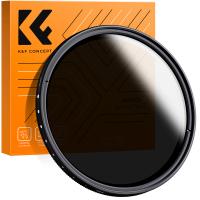
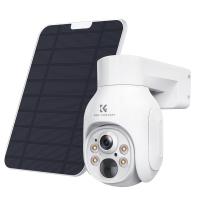
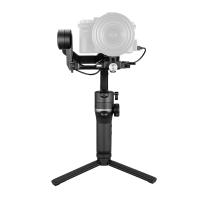
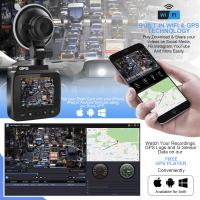


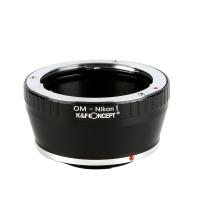
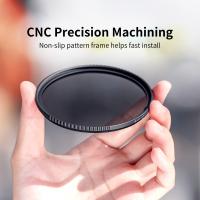
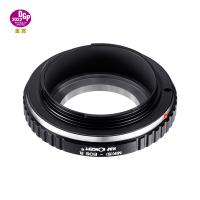
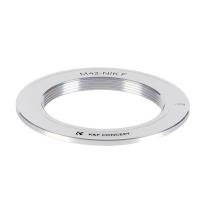
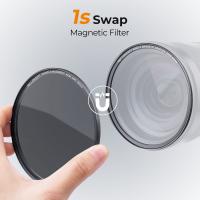
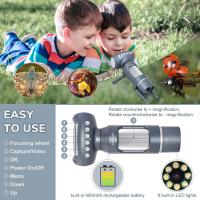
There are no comments for this blog.